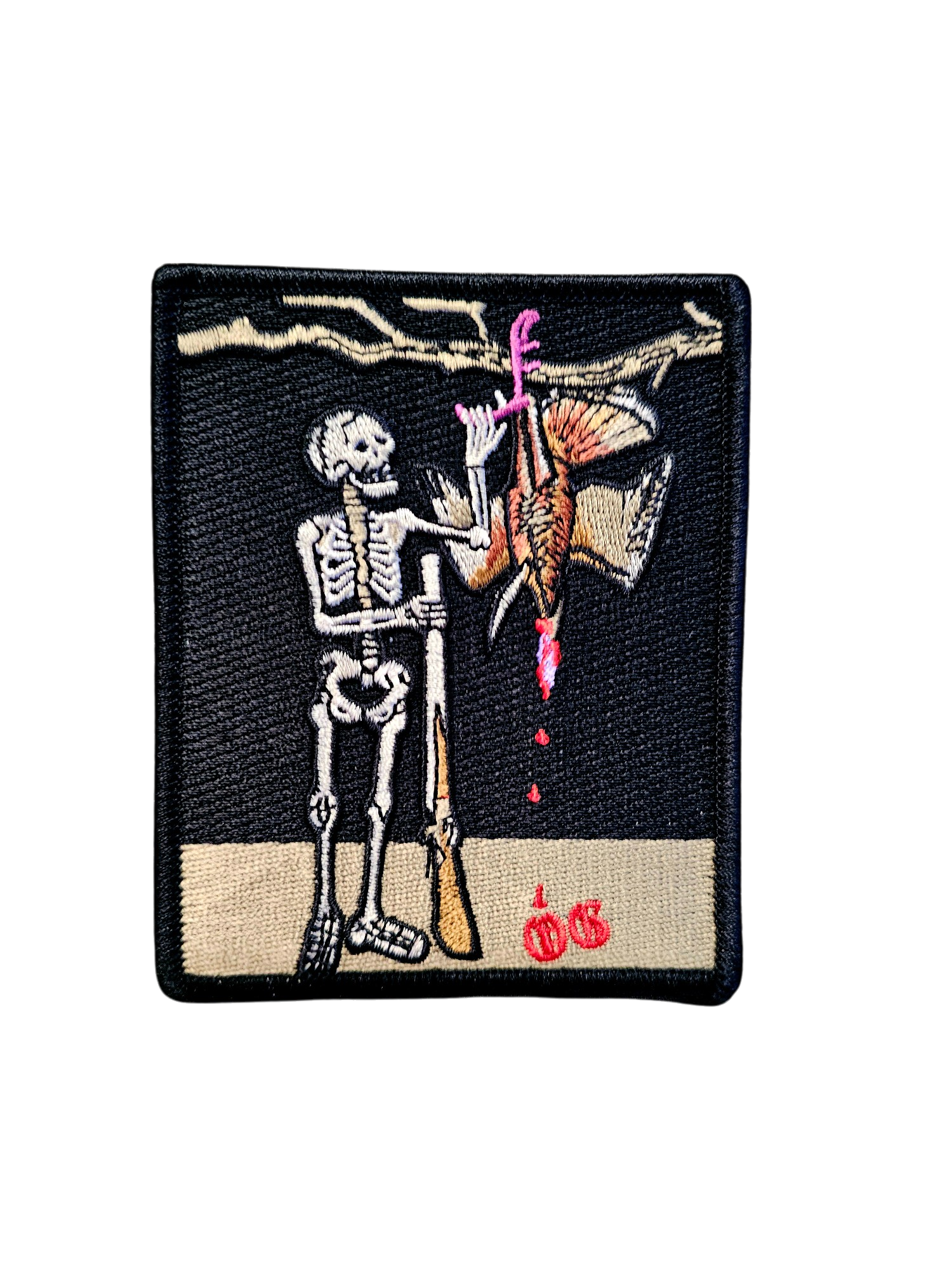        |
Your definition of over calling...Started by splinter84, December 28, 2015, 05:25:53 PM Previous topic - Next topic
User actions
|
        |
Your definition of over calling...Started by splinter84, December 28, 2015, 05:25:53 PM Previous topic - Next topic
User actions
|